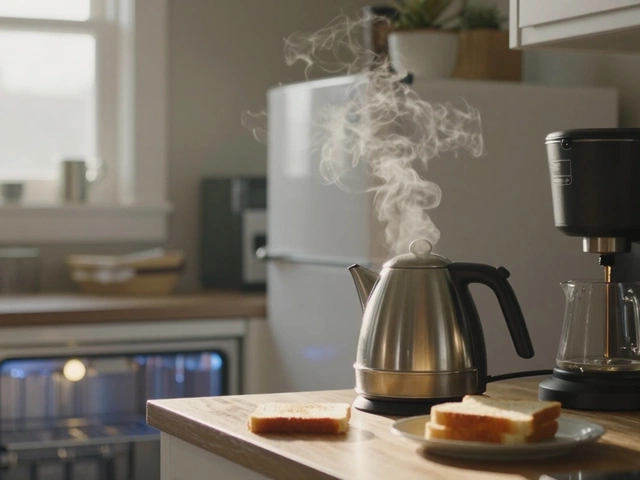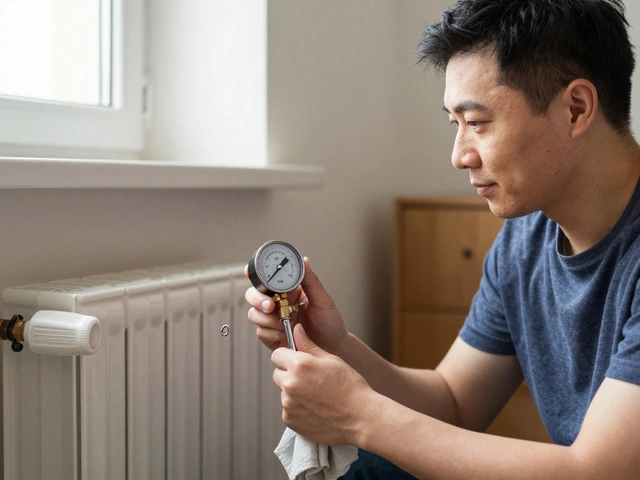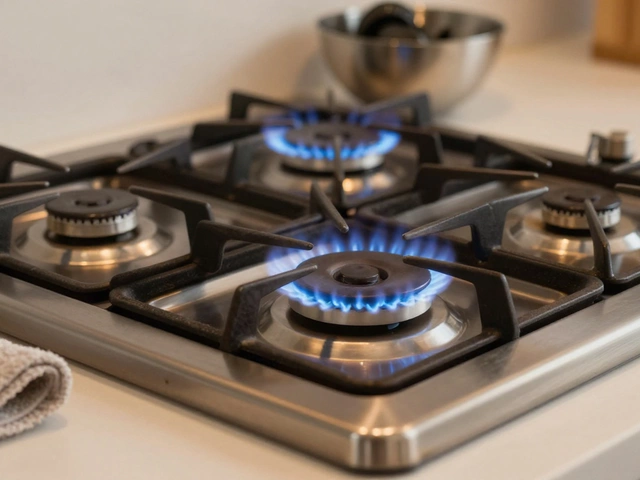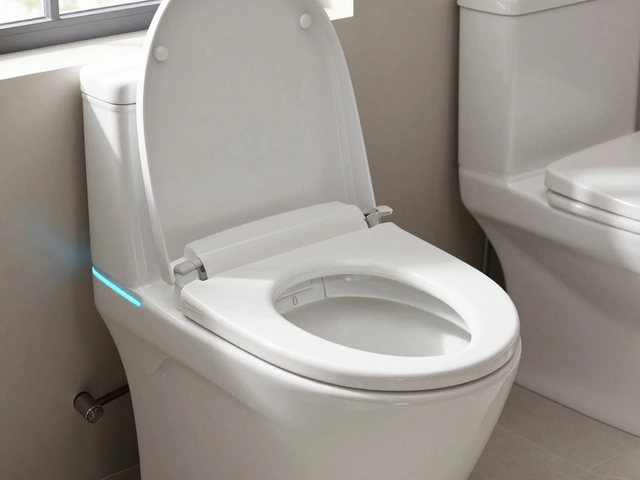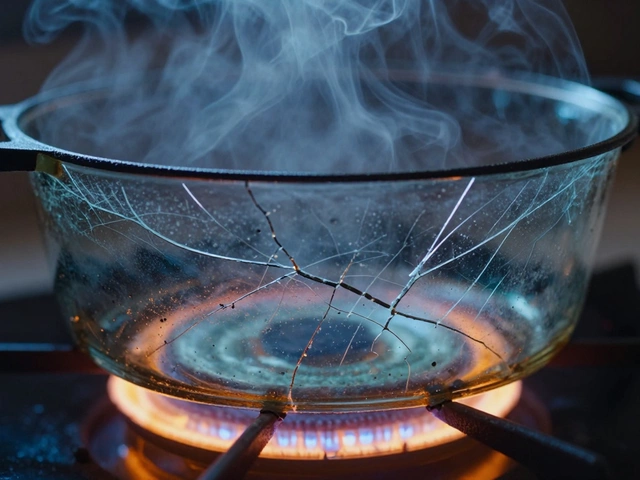Electrical Safety Essentials for Home Appliance Repair
Before you grab a screwdriver or start swapping parts, think about electricity. A simple spark can turn a quick fix into a dangerous accident. Below are easy, no‑nonsense steps that keep you safe while you repair refrigerators, ovens, washers, or any other appliance.
Know the Common Electrical Hazards
Most appliance repairs involve live wires, capacitors, or heating elements. These can give you a painful shock, cause a fire, or damage the appliance further. The biggest risks are:
- Live circuits: Never assume a plug is dead just because the appliance isn’t running.
- Stored energy: Capacitors in microwave ovens and air conditioners can hold a charge long after power is off.
- Damaged cords: Frayed insulation can expose wires, making every touch risky.
Spotting these problems early helps you decide whether a DIY fix is worth it or if you should call a pro.
Simple Safety Steps Before You Start
1. Unplug the appliance. Pull the plug from the wall, not just the switch. If you’re in a hard‑wired setup, turn off the circuit breaker.
2. Test for power. Use a non‑contact voltage tester. If it beeps, the outlet or wiring is still live—don’t continue.
3. Discharge capacitors. For microwaves or HVAC units, wait at least five minutes after unplugging, then short the capacitor terminals with an insulated screwdriver (wear gloves).
4. Wear protection. Gloves, safety glasses, and closed‑toed shoes are cheap insurance against burns or cuts.
5. Keep the area dry. Water and electricity don’t mix. Make sure the floor is dry and any spills are cleaned up before you work.
Following these five steps usually eliminates the biggest shocks and lets you focus on the actual repair.
When you move on to troubleshooting, start with the easiest checks: look for burnt marks, smell for overheating, and listen for unusual noises. If a part looks cracked or smells burnt, replace it rather than trying to repair it on the spot.
If you ever feel unsure, it’s smarter to pause and call a qualified technician. Electrical safety isn’t about being afraid; it’s about respecting the power that runs your household.
Remember, a safe repair saves money, time, and most importantly, your health. Keep these tips handy, and you’ll repair smarter, not harder.
20 June 2025
·
0 Comments
Not sure if you need to switch off the breaker before resetting your water heater? This guide gives you the clear steps and reasons behind them, so you don’t risk safety or damage. Find out when it's really necessary, how to do it right, and what happens if you skip this step. Learn to troubleshoot common issues and get real tips from experience. Get back to hot showers without any guesswork.
Read more


